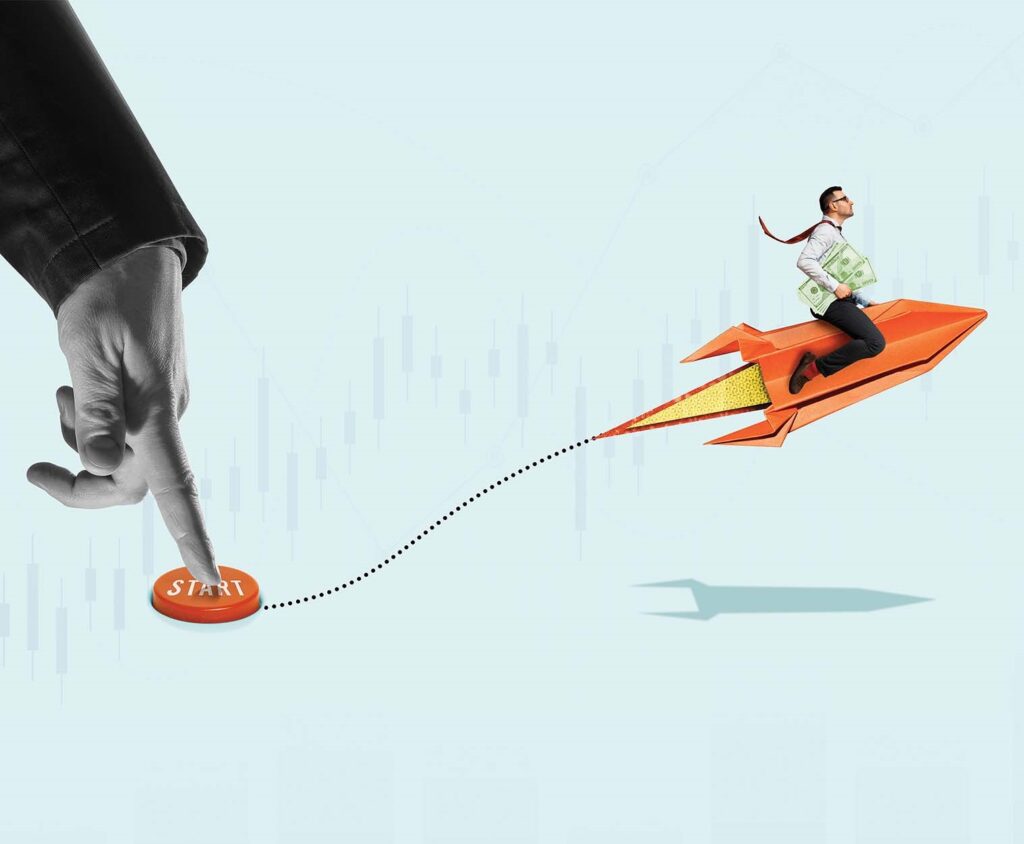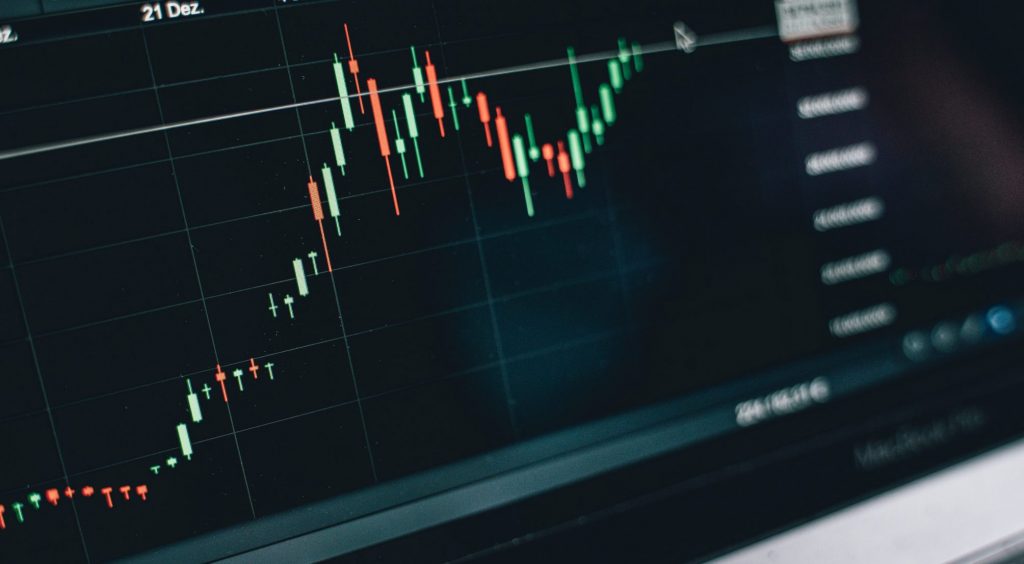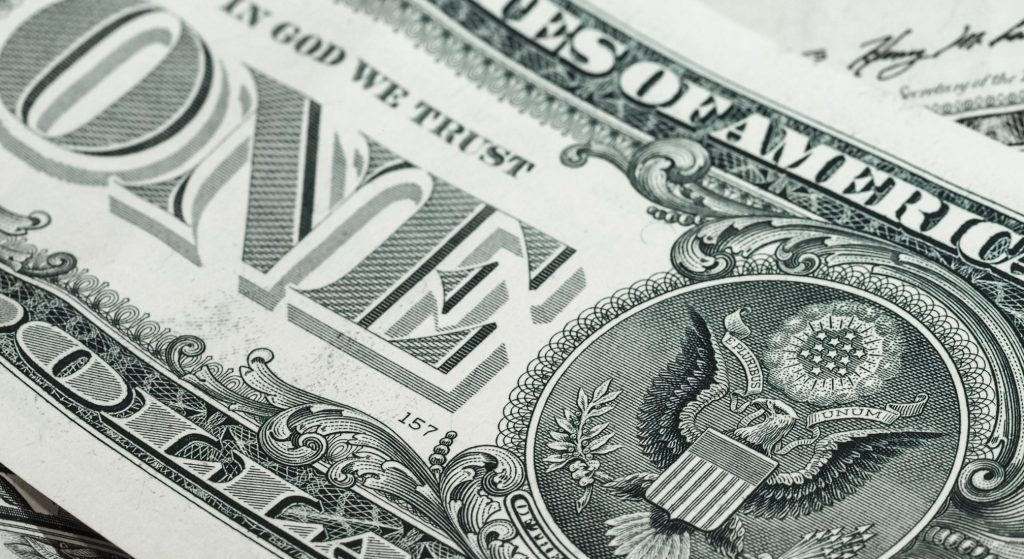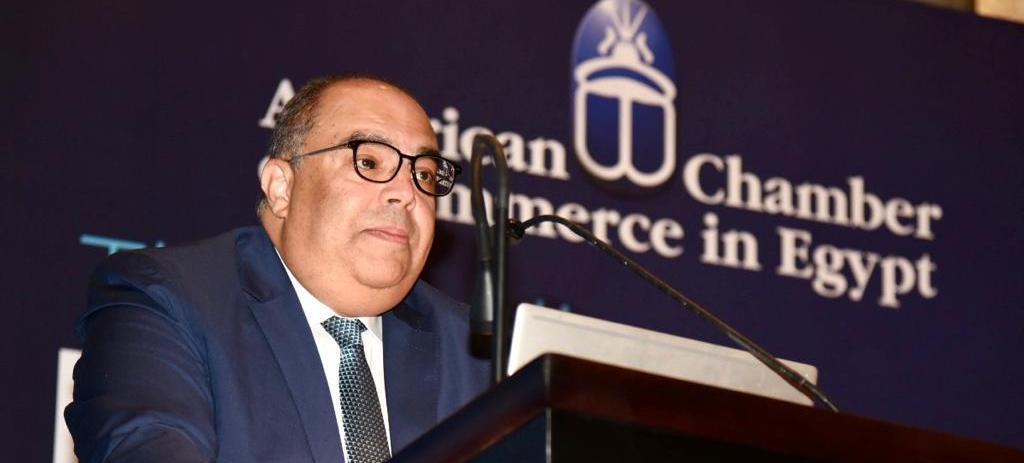Egypt has secured IMF approval for a $3 billion, 46-month extended facility and the agency’s promise to work with “partners” to lend an additional $14 billion. In November, Finance Minister Mohamed Maait estimated Egypt’s external funding gap at $16 billion over the coming four years, so the total IMF and partners’ $17 billion commitment would cover the foreign currency deficit for only four years.
More foreign currency inflows will be necessary in the short term. Aside from taking on more foreign-currency debt, such as Samurai bonds (yen-denominated) or Panda bonds (yuan-denominated), which the treasury is considering, the government can use the stock exchange (EGX) to attract foreign investors.
To that end, the state has focused on boosting EGX liquidity by listing some state-owned enterprises (SOEs). Meanwhile, the EGX Authority is developing alternatives to attract new categories of investors. The key to ensuring those efforts succeed is to create a transparent and investor-friendly ecosystem with fair trading and an efficient market that cannot be manipulated.
Investment magnet
For investors abroad, EGX-listed companies can be attractive. A March 2019 research paper from Md Qamruzzaman, associate professor at the School of Business & Economics at United International University in Bangladesh, explained that stock exchanges generally enjoy higher institutional efficiency than other types of investments. Listed companies must disclose all their plans in a timely fashion, or they could be delisted, significantly hurting their reputation and hindering their ability to raise capital.
Meanwhile, stock market efficiency, transparency, and attractiveness indicate the degree to which “the country’s political elite … adopt market-friendly regulations — especially investor protection and [effective] governance regulations,” Tachana explained. “That is especially true in emerging markets.”
Another reason why international investors prefer stock exchanges is they are tried and tested business and investment models in developed nations. Tachana said multinationals “from industrialized countries [see that] financing through the stock market is tradition.” That translates to higher confidence in global companies’ fundamentals than those of local companies.
Stock market investors in advanced economies also prefer putting their money in developing nations. Qamruzzaman describes it as “one of the key sources of investment diversification for developed countries. [That] reduces risk substantially due to the negligible correlation between domestic assets [stocks in one country] and foreign assets [stocks in another].”

Increasing liquidity
One of international investors’ primary stock investment criteria is high liquidity levels. “When you’re trading financial markets, liquidity needs to be considered before every position is opened or closed,” noted research firm IG. It asserted that the higher the liquidity, the faster the buying and selling. That is because there are sufficient amounts of diverse stocks to build a position and adjust it based on changes in the market. There also are enough investors who want to buy stocks, ensuring that sellers have a quick exit without incurring losses arising from limited demand for their stock. That makes it a low-risk exchange.
Investopedia, a financial glossary, said a dynamic market with lots of buying and selling ensures “tight spreads and low transaction costs.” Those two criteria are the hallmarks of “efficient markets,” which international investors favor. Lastly, a liquid market means identifying stocks’ fair prices is easier and more accurate.
To boost EGX’s liquidity, the government is revitalizing its plans to go public with some of its most profitable and largest SOEs. Hany Genena, an adjunct professor at AUC, told Zawya in September, “The move [aims] to attract foreign investments, whether from financial portfolios or direct investments in stakes of 10% or more.”
At a press event in January, EGX Chairman Ramy Al Dokkany noted several listed SOEs would sell a larger portion of their companies on the exchange this year. The list includes industrial-grade chemicals, banking and fintech, real estate, aluminum and logistics SOEs.
Eight more SOEs should go public in 2023, added Dokkany. They operate in banking and financial services, petrochemicals and chemicals. Further afield, the government wants to list Egypt’s third-largest state bank, Banque Misr, the Egyptian Drilling Co., and Egyptian Linear Alkyl Benzine (ELAB), a petrochemical SOE.
During that announcement, Dokkany said those IPOs should add EGP 80 billion to the EGX in 2023. That, he said, would attract more international stock investors. Those listings should also bring more stability to the market’s main index (the EGX 30) as they are “large enterprises with solid fundamentals,” he noted.
The Ministry of Military Production also wants to enlist Wataniya, which builds petrol stations and annexes them with commercial centers across Egypt, and Safi, a bottled-water producer. Ayman Soliman, the SFE’s CEO, told talk show host Lamis El Hadidy in October the plan is to enlist them in 2023.
To accelerate the listing of SOEs, the government announced in September the creation of a “pre-IPO” sub-fund under the Sovereign Fund of Egypt. Hala El-Said, minister of planning and economic development, said it aims to “support companies in their journey to getting listed on the stock exchange.”
Its focus will be on buying stakes in SOEs and attracting more outside investments to them, preparing them to go public on the EGX. At press time, the “pre-IPO” fund had yet to announce acquisitions or its intent to invest.

Building the ecosystem
Foreign investors will always question whether an opportunity is big enough to counter the risks of trading on the stock exchange. Qamruzzaman of United International University said they consider the level of financial inclusion, stock market development and cross-border capital flows. “An efficient capital market, globalization effects, and easy access to financial services tempt cross-border capital flows,” he wrote. That primarily applies to emerging economy stock exchanges like the EGX, given their underdeveloped trading ecosystems.
Another factor is the availability of data. An undated paper from the Bank of International Settlements stressed the importance of “improved data quantity and quality.” That ultimately allows investors to correctly assess the feasibility of investment opportunities within the exchange. Qamruzzaman said that helps create “institutional efficiency” and “diversified investment opportunities.”
Other factors influencing the decision to invest exist beyond the stock market’s trading floor. They include “financial reform, efficient financial intermediation, adaption and diffusion of financial technology, transformation of financial assists and efficient mobilization of economic resources,” noted Qamruzzaman.
DK Aggarwal, chairman and managing director of India-based SMC investments and Advisors Limited, said stock market investors also look at government strategies and policies. “Trading requires one to dive deeper into various aspects of monetary and fiscal policies of the economy and the currency,” he wrote in India’s The Economic Times in November 2020. The “ability to understand various monetary policy tools can provide some edge to implement … trading strategies in the short term.”
Accordingly, governments must create an efficient, effective legislative, administrative, and supervisory ecosystem around the exchange. It would “entail designing regulations and rules that aim to prevent excessive risk-taking of market participants while not slowing the financial innovation aspect.”
Another often overlooked “pull factor” to the exchange is how many “currency pairs” the local currency has with major currencies. The Egyptian pound is paired only with the dollar to determine its value. Aggarwal noted India’s four rupee pairs are not enough to stimulate high-volume stock trading, particularly in derivatives. The Central Bank of Egypt (CBE) should resolve that problem, as its acting governor, Hassan Abdalla, said in October he plans to pair the pound with several Asian currencies.
New tools
Hedging portfolio risks is vital for international investors, which has been almost nonexistent in the local stock market. That should change soon. EGX Chairman Dokkany announced in January a plan to launch a derivatives exchange — to hedge short-term price hike risks across all sectors — during the second half of 2023. He told the media the EGX would market those new tools in Saudi Arabia and the UAE. to attract derivatives investors.
Another investment tool the EGX Authority is considering is an index of sharia-compliant stocks, such as those not paying fixed interest on their liabilities. Banks and non-bank financial institutions that lend with predetermined rates also would be excluded from those indices.
Quantilia, an investment and business consultancy, says the limited pool of companies means sharia-compliant indices “tend to be less volatile than conventional indices,” such as EGX 30 and EGX 70. That is because they “tend to overweight information technology stocks and avoid financials,” James Lord, a research analyst at research firm ETF Strategy, wrote in November. That is why “for the most part, [sharia indices] outperformed their regular market benchmarks” last year.
Those indices target a niche pool of investors, mainly from Islamic countries with robust sharia-compliant financial systems. “Sharia-compliant indices are not only interest investment options for Muslims, but also non-Muslims.”
Curbing FX risk
To protect international investors from foreign currency exchange risks, the CBE announced the introduction of new currency-based derivatives into the market. Hisham Ezz Al-Arab, senior adviser to CBE’s acting governor, told Bloomberg in October: “Egypt’s foreign exchange market required new products a while ago … Such derivatives always boost market liquidity, … improving the market’s depth.”
Currency derivatives should give short-term and long-term investors insights into the pound’s exchange rate movements. They also allow them to hedge against future devaluations against the dollar.
Another benefit of currency derivatives is they can be traded on stock exchanges or in specialized marketplaces. That could attract foreign investors who make a living buying and selling those derivatives.
The CBE also is raising foreign stock investors’ confidence they can repatriate their profits anytime. In October, it announced that commercial banks could borrow from it in one currency and lend in another (FX swaps). That should ensure they have enough foreign currencies to meet repatriation requests.
Creating new risks?
A 2004 report from the Central Bank of Chile (CBC) noted some limitations of tools that hedge foreign exchange risk, saying there is “no evidence that net positions of large participants in the FX derivatives market help to [accurately] predict the exchange rate.” The paper also said an “FX derivatives market … may not be effective in diminishing an economy’s aggregate vulnerability to exchange rate fluctuations.”
The CBC’s concern is traders will always speculate and attempt to manipulate the market, regardless of the strength of government oversight. It points out that locking in the currency exchange rate would attract investors who want to hedge foreign currency exchange risks, those seeking profit from trading those derivatives and those using it to reduce their portfolio risks.
Whether that would prove good or bad depends on government decisions elsewhere in the economy. Using currency risk hedging tools can “help amplify stabilizing (or destabilizing) effects … on the foreign exchange rate,” noted the CBC. The “result could be more, rather than less, overall vulnerability to foreign currency risk.”
The first source of concern for the CBC is that in inefficient exchanges, “participants [can] have superior information about exchange rate movements that enable them to take more profitable positions. [Others] have sufficient market power that their actions generate significant changes in the exchange rate.” The other problem is that almost all countries that need FX-risk hedging tools have “relatively thinner, less liquid and less developed financial markets,” the CBC warned.
Additionally, many emerging nations, such as Egypt, have only recently floated their currencies. That introduces new dynamics to their economic models. As a result, the CBC questioned whether FX-risk hedging tools would be “particularly relevant in the case of emerging market economies.”







